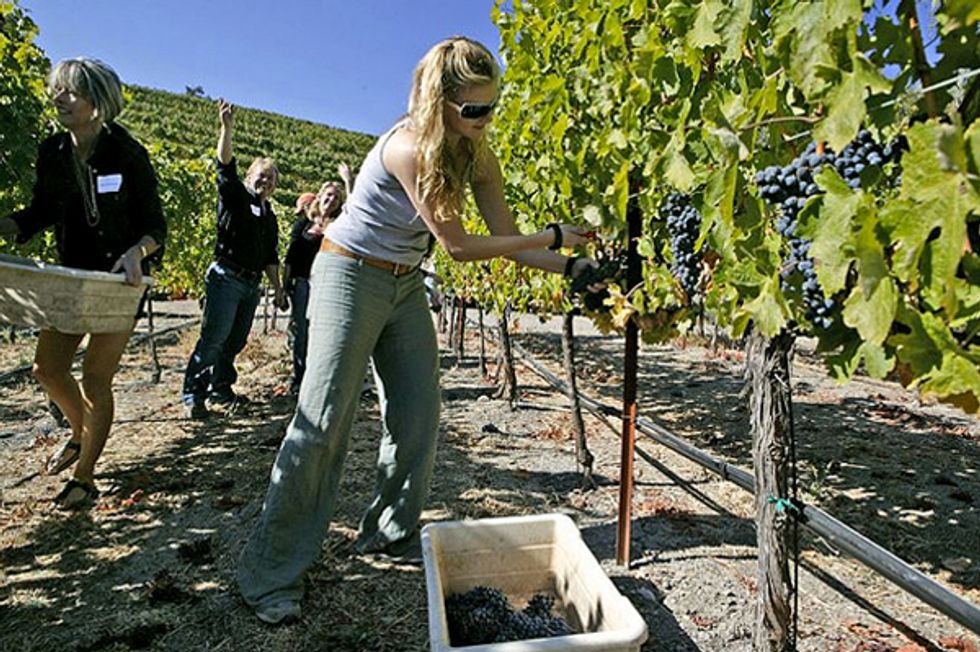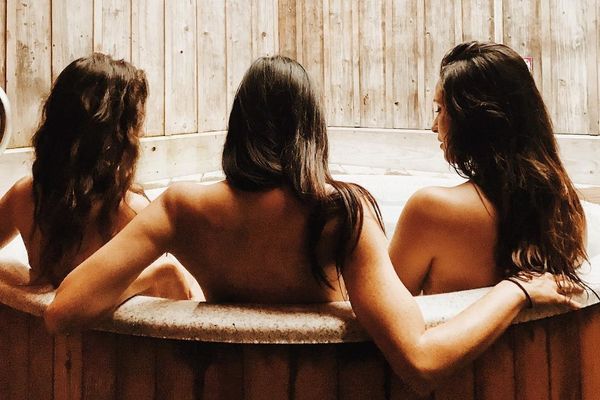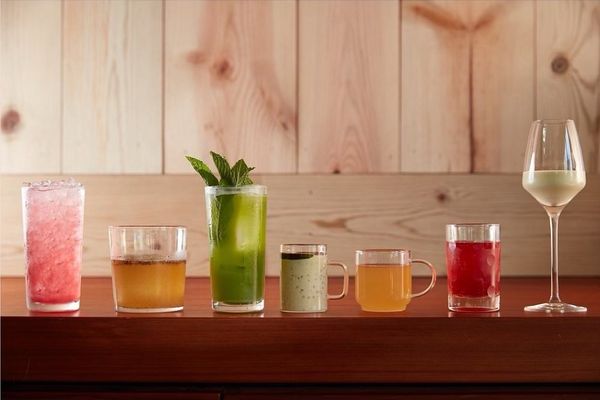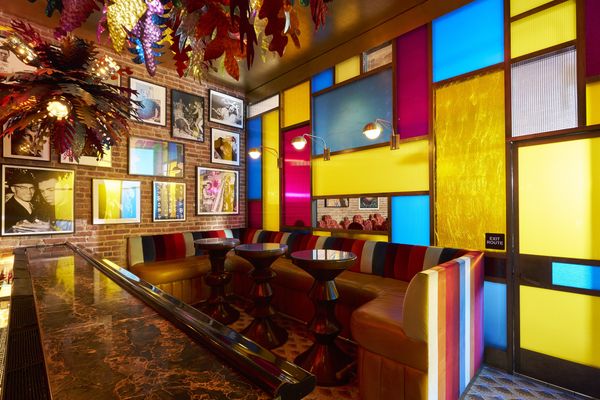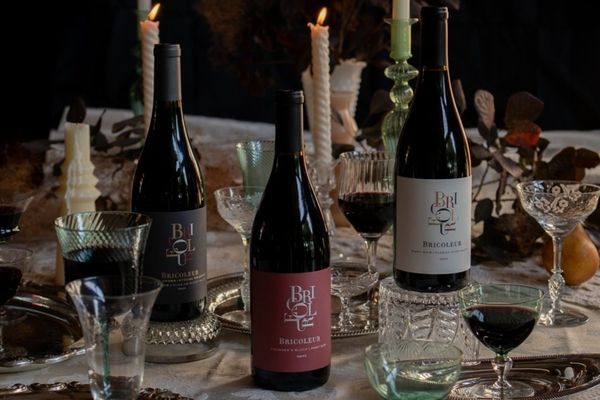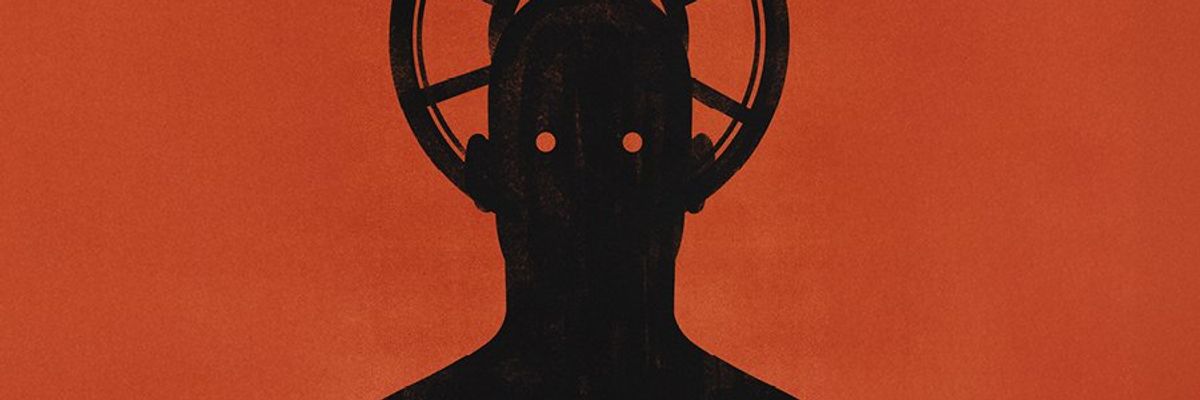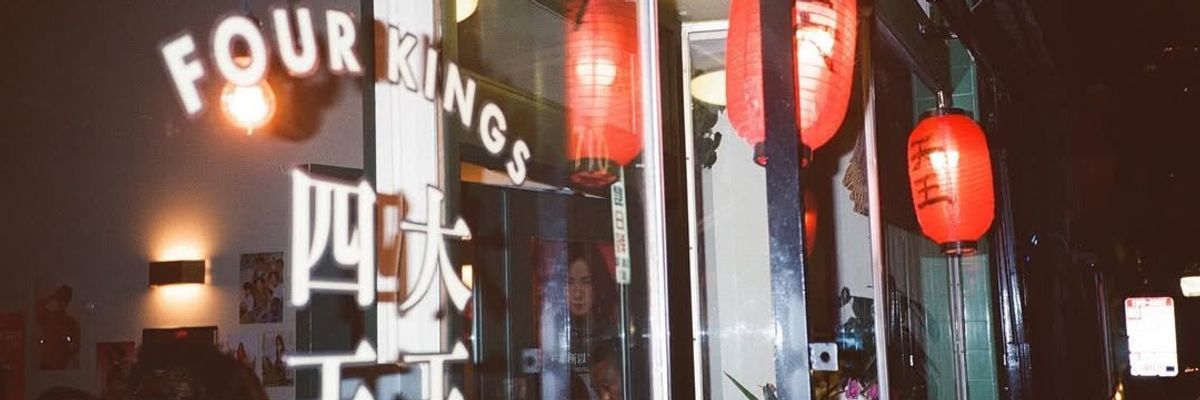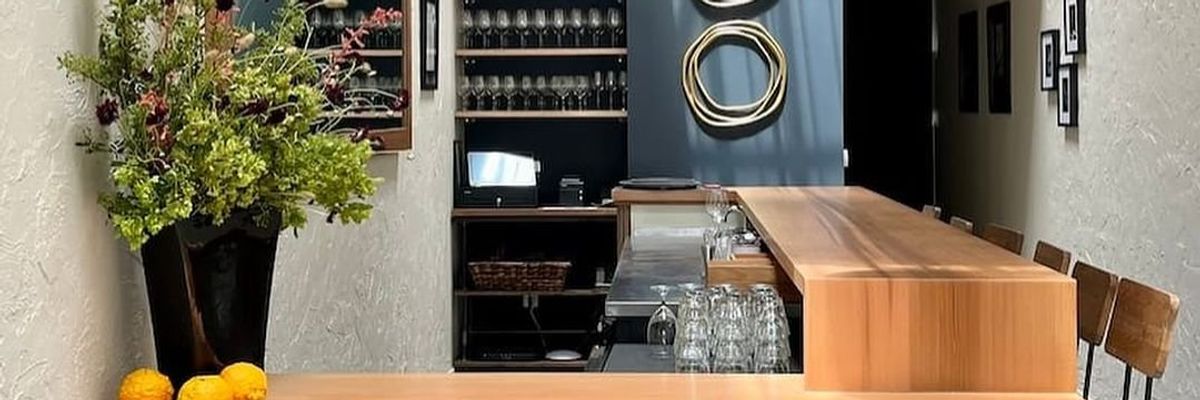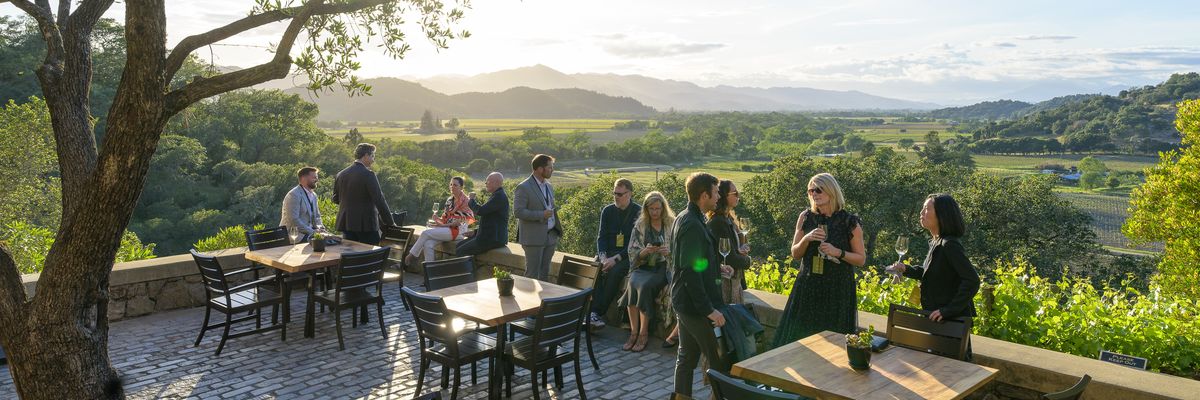Welcome to step 2 in our 3-step field guide on how to get a job in the wine industry. As many of you know, the wine industry is a very tough nut to crack, and there is no one right way to do it. But we’ve done our research, asked the experts, and created a plan to get you on the inside track in the vino racket. If you haven’t read Part 1, Get Out There, give that a read before moving on.
Step 2: Get Your Hands Dirty.
Step 1 was all about networking, building relationships, going to entertaining classes, and developing a basic knowledge of wine, food, and the industries that support them. Now it’s time to get your hands dirty and actually use your network and knowledge to get an internship or job. This may be discouraging at first, because even with solid experience in another industry, you'll likely have to start near the bottom; but fret not, you’ll move up very quickly if you're good at what you do.
It’s important to create a wine-centric resume and load that and your LinkedIn profile with elements that speak to your love of and commitment to the world of wine and food, the classes you’ve attended, and knowledge gained along the way.
Look at Winejobs.com to get an idea of what kinds of employment options are available and start applying to each with a resume specifically targeted to that winery and position. Then reach out to the industry folks you’ve met for advice and buy them lunch (whatever it takes to get up here and keep building relationships).
You should also be reading industry publications like Wine Enthusiast and the Wine Advocate to get up to speed on the hot topics and trends, and lifestyle magazines like Napa Valley Life to get to know more faces and places. Get a balanced understanding of the history of the valley by reading books like American Vintage, by Paul Lukacs, and A Tale of Two Valleys, by Alan Deutschman, and consider taking a few classes at the CIA. Make sure you get to know your professors and classmates. Stick around town after class and start meeting locals. Get to know big names like Robert Parker, and develop educated opinions about what wine scores mean (less and less by the day, by the way) and how to address the industry issues you’re reading about.
In the end, the network you’ve created will open more doors than anything else, so even if you feel like you’re making no progress or haven’t had a single interview, if you’ve got friends in the industry, you’re well on your way.
Here's what the experts have to say:
"In winemaking, there are things that you just can't learn from a book; nothing beats real-world experience. Even if you plan to enter marketing or sales, it will benefit you to learn all facets of the business. There are many wineries that offer 'winemaker for a day' programs like Raymond Vineyards, or you can start in the tasting room and ask if you can act as an 'intern for a day'. Attend events where you can try and compare wines of different varietals from all over California and meet the winemakers, get some insight."
–Bridget Raymond, Winemaker, Courtesan Wines
"There are many different silos in the industry, from to harvesting and farming, to production, and marketing and sales. You simply need to take any opportunity you can to get in there and prove yourself; the cream will rise to the top. If you can do it for a year and do well, then opportunities will rise. Get educated, understand the product and the industry, and do your best to show that you have a passion for the wine and food industry.
–Dan Hoban, Vice President Wines Northern California, Young’s Market Company
"Round Pond has a "Day in the Life" program, which offers a chance for guests to get a feel for what winemakers do during crush and beyond. While our program is certainly more luxurious than the day-to-day life of a winemaker, it does give people a hands-on taste of harvest, crush, and cellar operations finishing with a blending seminar. Most of our guests are not budding winemakers, but rather wine lovers who want to get a little dirty and have a lot of fun.
The best education will come from a season working in the cellar during crush as a harvest intern for a really great winery and winemaker. Ideally, you should work for a winery that will let you get experience in a variety of tasks throughout the cellar, some places would have you do pump overs all day and I would try to avoid that if possible. At the end of the season, I think it will be pretty easy to decide if you want to be a winemaker, wine seller, or just a wine lover at home."
–Miles MacDonnell, Co-Owner and CEO, Round Pond Estate
Image by Fantescawine



